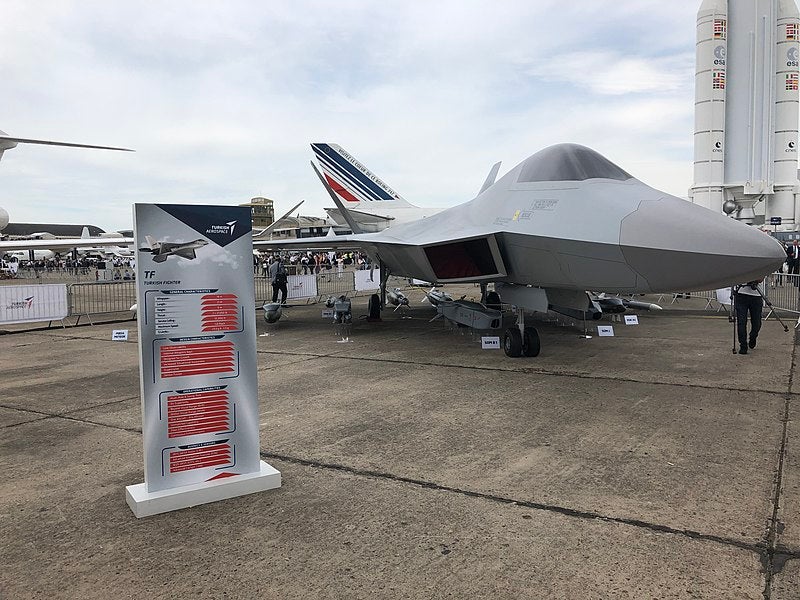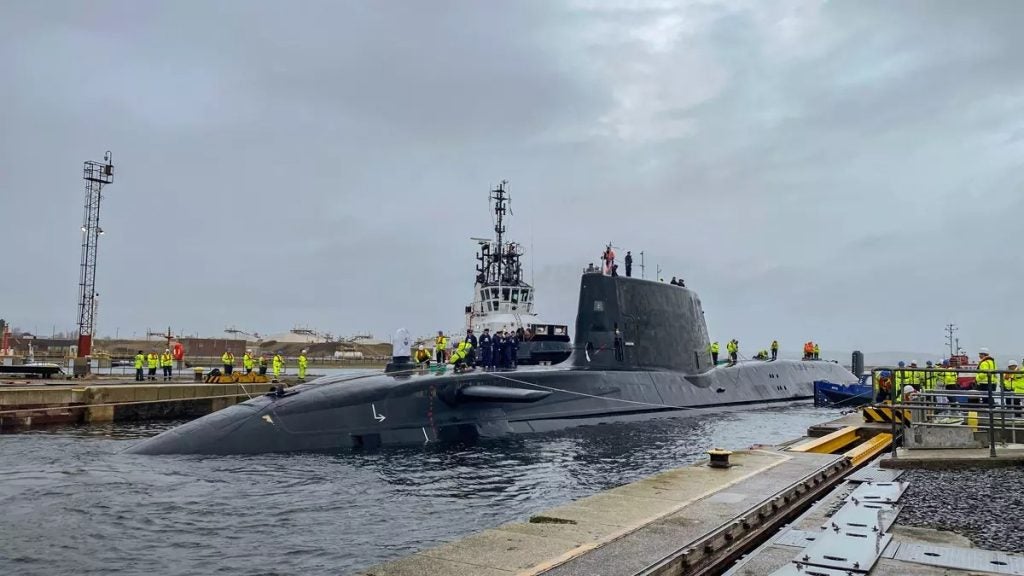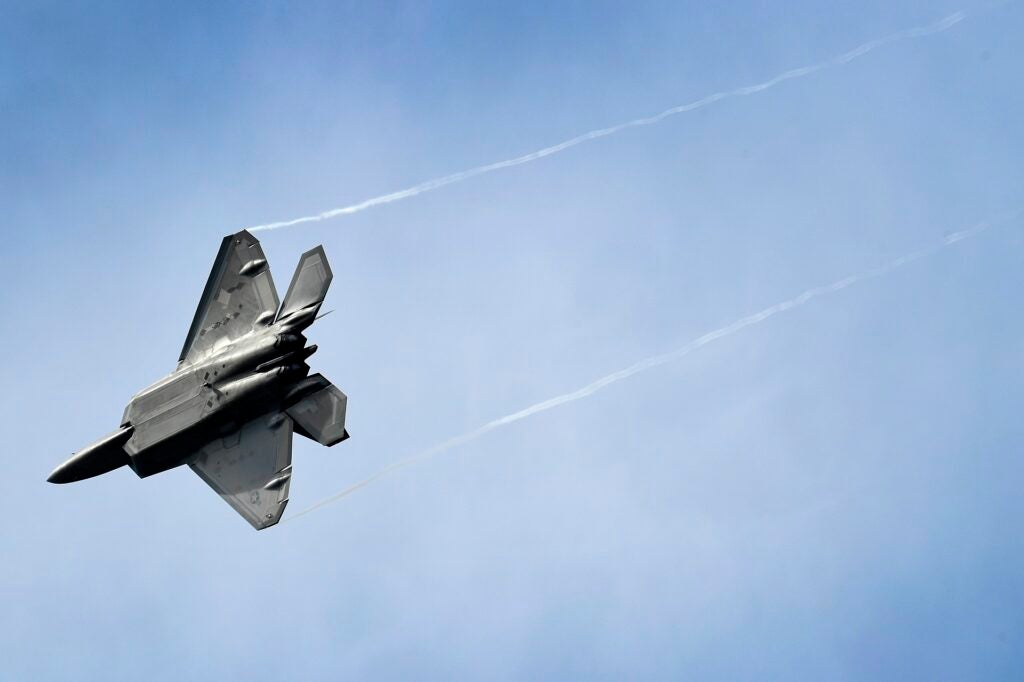
The governments of Turkey and the UK have reportedly reached an agreement to fast-track work on the next-generation fighter aircraft project.
Turkey Foreign Minister Mevlut Cavusoglu told Turkish media that the governments agreed to speed up their collaboration on the development of engines for the fighter jets.
In 2017, the UK Government signed a £100m deal with Turkey to help develop the advanced combat jet for the Turkish Air Force.
BAE Systems formed a partnership with Turkish Aerospace Industries (TAI) to build the TF-X twin-engine fighter.
In May that year, Turkey’s Kale Group and Britain’s Rolls-Royce also agreed to form a joint-venture (JV) to explore opportunities in the Turkish aircraft engine market. The JV proposed a fighter engine solution for the TF-X programme in 2018.
However, Rolls-Royce dropped hints in March that it would pull out from the fighter engine competition over differences with Kale Group.
How well do you really know your competitors?
Access the most comprehensive Company Profiles on the market, powered by GlobalData. Save hours of research. Gain competitive edge.

Thank you!
Your download email will arrive shortly
Not ready to buy yet? Download a free sample
We are confident about the unique quality of our Company Profiles. However, we want you to make the most beneficial decision for your business, so we offer a free sample that you can download by submitting the below form
By GlobalDataThe British company objected a bid to involve a Qatari-Turkish company in the engine project.
Turkey is locally developing the fifth-generation fighter jet to replace F-16 aircraft currently in service with the airforce.
The aircraft is being designed to deliver enhanced attack and stealth capabilities. The fighter is anticipated to be ready for first flight in 2023.
The attempt to speed up the collaboration comes after Turkey’s ongoing differences with the US over the purchase of the Russian S-400 missile system escalated further after a US Senate committee backed legislation that seeks to impose sanctions on Turkey.
The sanctions are the latest initiative to penalise Turkey for the S-400 deal and the country’s operations in Syria.






